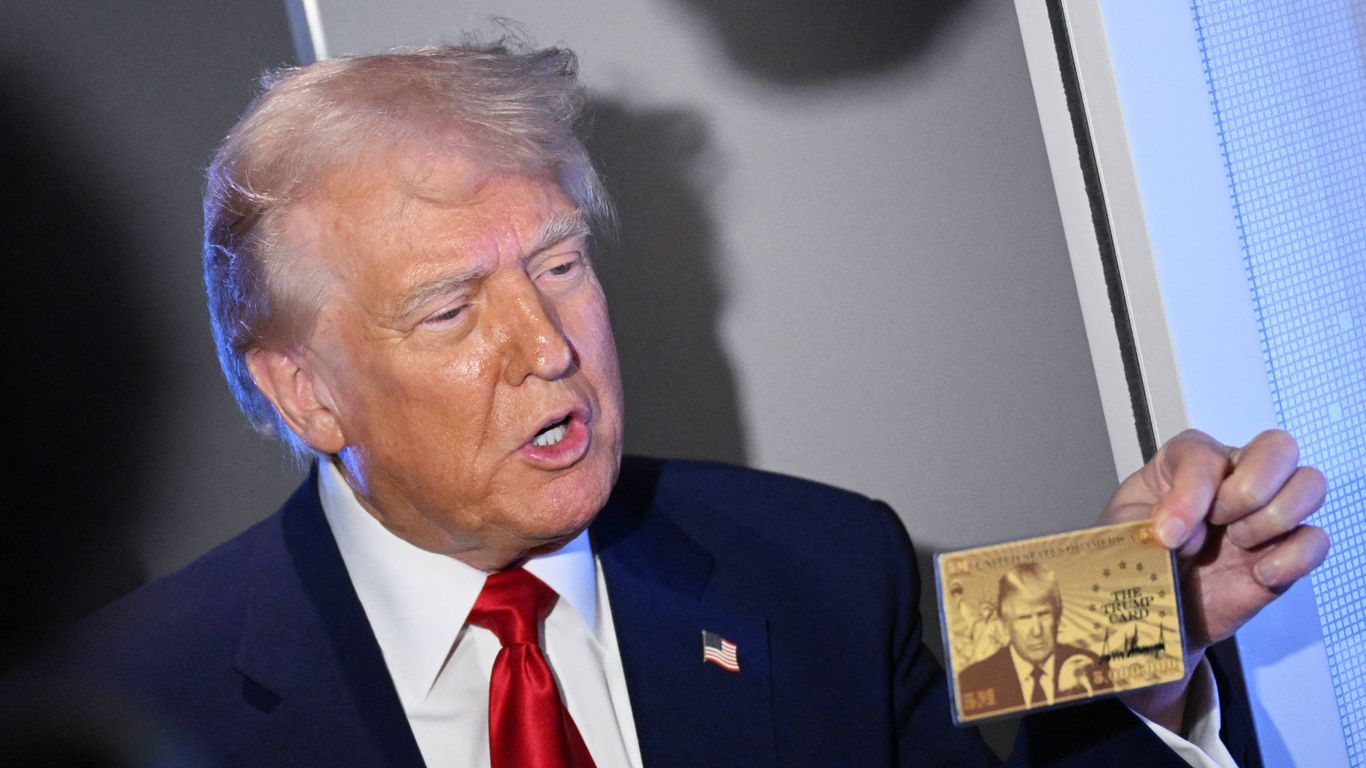US Residency Ups for Sale with Trump's Gold Card
The "gold card" program's fate remains uncertain, with its success dependent on the administration's ability to address concerns about its authority and the potential consequences of replacing the EB-5 visa program, leaving many to wonder about the future of US immigration policies and the impact on those seeking permanent residency.

President Trump has introduced a new "gold card" program, allowing individuals to purchase US permanent residency for $5 million, aiming to replace the existing EB-5 visa program that grants green cards to investors, sparking skepticism about the administration's authority to make such changes without congressional approval.
The program's website, trumpcard.gov, is currently accepting registrations, collecting names, email addresses, and region information, with plans to launch a full signup process in the future. This initiative has raised questions about the administration's ability to unilaterally terminate or modify the EB-5 program, which has been in place for years, granting green cards to investors who meet specific requirements.
Critics argue that the introduction of the "gold card" program and the proposed replacement of the EB-5 visa program may face legal challenges, as it is unclear whether the administration has the authority to make such significant changes without the approval of Congress. The EB-5 program has been a pathway for foreign investors to obtain permanent residency in the US, and any changes to this program could have significant implications for immigration policies and the economy.
As the "gold card" program moves forward, it is likely to face intense scrutiny and debate, with many watching to see how the administration will navigate the potential legal and legislative hurdles that lie ahead, and what impact this new program will have on the country's immigration landscape and economy.